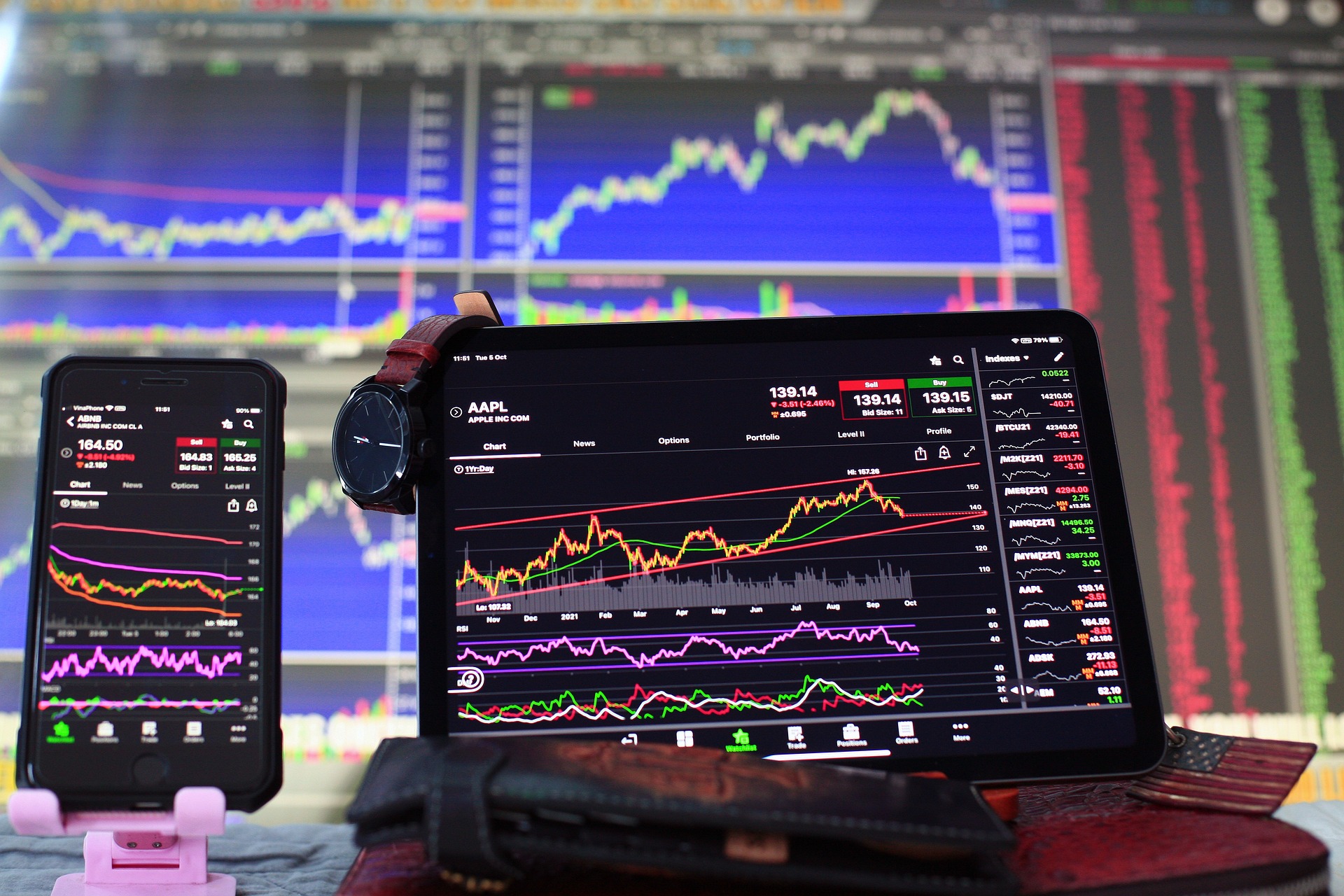Commodity trading, the buying and selling of raw materials or agricultural products, has been a vital part of global commerce for centuries. With the rise of new technologies, a Forex broker can now offer access to commodity markets through CFDs, making it easier for traders to participate. This article explores how technological advancements have transformed commodity trading and their broader impact on the global economy.
Traditional Commodity Trading Methods
Historically, commodity trading took place through open outcry methods, where traders physically gathered on trading floors to shout bids and offers. This method, while fostering a bustling atmosphere, was gradually overtaken by electronic platforms that offered increased efficiency.
Today, the influence of new technologies has become even more apparent, as Forex brokers have introduced CFDs, allowing traders to speculate on commodity prices without physically owning the assets. This accessibility has opened up the commodity markets to a broader audience.
Electronic Trading Platforms
The shift to electronic trading platforms marked a significant milestone in the evolution of commodity trading. These platforms provided real-time data access and transaction execution, streamlining the process. Through Forex brokers offering CFDs, retail traders can now engage in commodity markets, making it possible to access global markets and diversify portfolios. The ability to trade commodities alongside Forex currencies through a single broker enhances liquidity and introduces new trading strategies.
The Evolution of Commodity Trading Technologies
Technological advancements have profoundly influenced how commodities are traded. Here’s a look at some of the key innovations reshaping the industry:
- Automation and Algorithmic Trading: These technologies enable rapid trade execution, analyzing market trends and optimizing decision-making.
- Blockchain Technology: Applied in commodity trading, blockchain enhances transparency and traceability in supply chains, reducing fraud risks.
- Artificial Intelligence (AI): AI-driven analysis of large data sets allows traders to anticipate price movements and adjust their strategies in real-time.
The integration of these technologies, often facilitated by Forex brokers via CFDs, has made trading faster, more transparent, and more accessible.
Impact of New Technologies on Commodity Trading
The adoption of these technologies has reshaped the commodity markets by improving accessibility, speed, and accuracy. The rise of electronic platforms and AI-driven tools has significantly increased market efficiency and democratized participation.
Now, let’s delve into the specific impacts of new technologies on commodity trading through the following table:
| Technology | Impact | Examples |
| Automation | Increased efficiency and speed | Algorithmic trading, high-frequency trading |
| Blockchain | Enhanced transparency and security | Distributed ledger technology, smart contracts |
| Artificial Intelligence | Improved decision-making and predictive analytics | Machine learning algorithms, predictive models |
| Electronic Trading Platforms | Accessibility and democratization of trading | Online trading platforms, retail investor participation |
This table highlights some of the key technologies and their respective impacts on commodity trading. From automation and blockchain to artificial intelligence and electronic trading platforms, these advancements have reshaped the industry in significant ways, offering new opportunities and challenges for traders and investors alike.
Challenges and Risks
The integration of new technologies into commodity trading brings not only benefits but also significant challenges and risks that must be carefully navigated. Let’s explore some of the key challenges and risks faced by commodity trading:
- Cybersecurity Threats: The digitization of commodity trading has heightened the risk of cybersecurity threats, including hacking and data breaches. Safeguarding sensitive information and ensuring the security of trading platforms are imperative to maintaining market stability and investor confidence.
- Regulatory Concerns: Regulatory authorities are grappling with the implications of new technologies on commodity markets, particularly concerning issues such as market manipulation and insider trading. Finding the right balance between innovation and regulatory oversight is essential to upholding market integrity and protecting investors.
- Impact on Traditional Trading Practices: The widespread adoption of automation and algorithmic trading has sparked concerns about its impact on traditional trading practices and market liquidity. Striking a balance between technological innovation and human intervention is crucial to preserving market efficiency and stability.
In conclusion, while new technologies offer tremendous potential to revolutionize commodity trading, addressing cybersecurity threats, navigating regulatory complexities, and preserving traditional trading practices are essential for ensuring the long-term sustainability and integrity of commodity markets.
Future Outlook for Commodity Trading
Looking forward, commodity trading is expected to become more efficient as AI and blockchain technologies continue to evolve. Forex brokers will likely play an increasing role in offering access to these markets through products like CFDs, creating further opportunities for retail investors and traders to diversify their strategies.
In conclusion, while technological advancements have revolutionized the commodity trading landscape, their adoption by Forex brokers, particularly through CFDs, has made commodity trading more accessible to a broader range of market participants.

